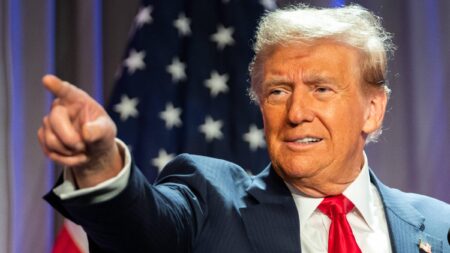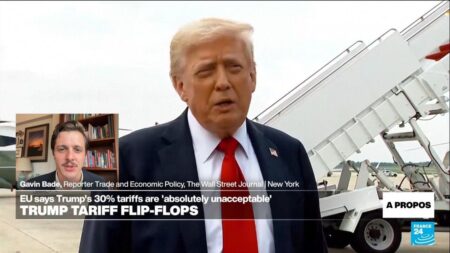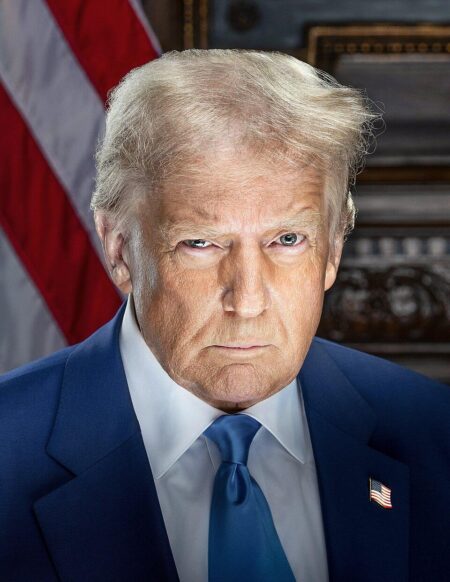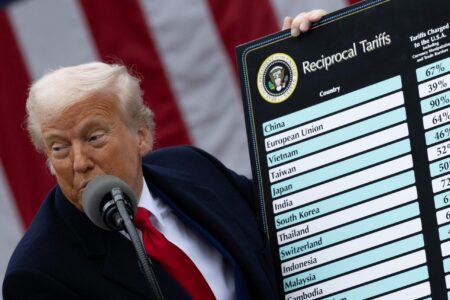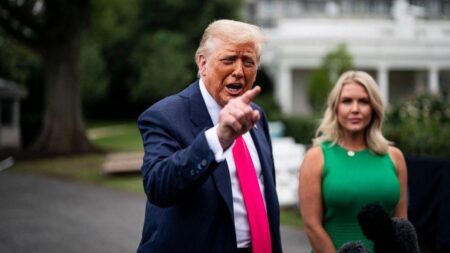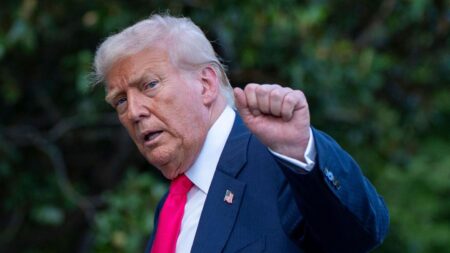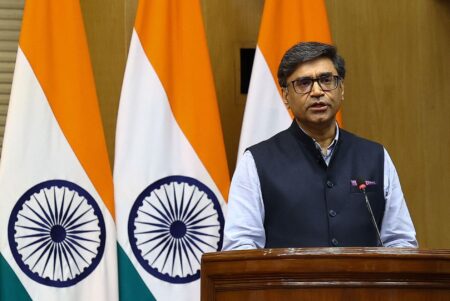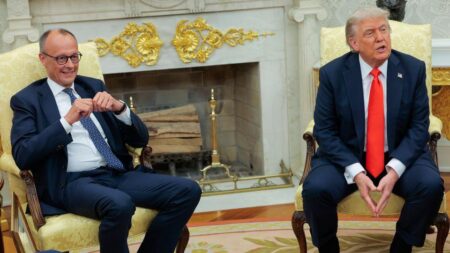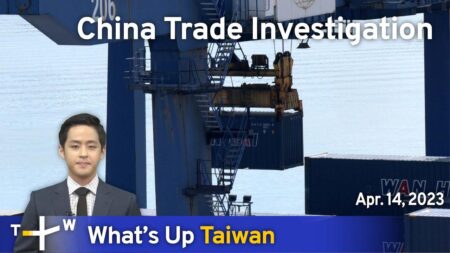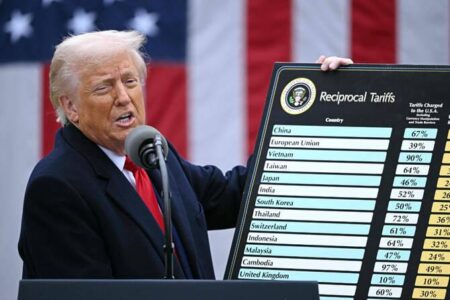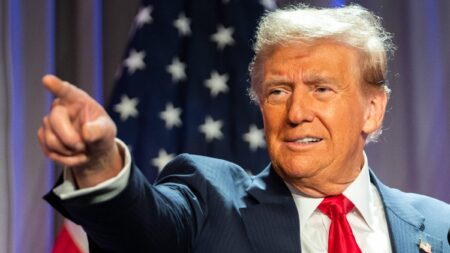Brazil is gearing up to respond to the recent US tariff hike with a smart, credit-driven strategy, Finance Minister Paulo Guedes announced. This bold initiative aims to shield the economy amid rising trade tensions. President Lula is expected to receive a detailed presentation of the plan very soon
Browsing: tariffs
President Trump has announced a bold new 15% tariff on Japanese imports, linked to a groundbreaking investment deal set to turbocharge U.S. manufacturing and address trade imbalances, NBC News reports
Trump’s hefty tariff on Brazilian goods is poised to disrupt US-Brazil trade relations, driving Brazil closer to China as it seeks fresh markets. This bold move marks a significant turning point in the global trade arena
Former U.S. President Trump unveiled a groundbreaking “massive” trade deal with Japan, set to turbocharge economic ties and shatter trade barriers. This landmark agreement is poised to strengthen bilateral cooperation and unlock exciting new opportunities for market growth
Michigan coffee shop owners are raising the alarm as Trump’s tariff threat on Brazilian coffee sends prices soaring and disrupts supply chains, putting the very survival of local businesses that rely on these essential imports at risk
U.S. automakers are raising their voices in frustration over the recent Japan trade deal, pointing out its limited benefits and persistent challenges. Industry leaders contend that the agreement falls short of boosting American vehicle exports as hoped
Brazilian President Lula fiercely condemned the US for overlooking Brazil’s proactive attempts to negotiate tariffs imposed by former President Trump. Emphasizing the critical need for renewed talks, Lula urged a bold new strategy to ease the persistent trade tensions, AP News reports
Japan secured a pivotal trade agreement with the Trump administration just days before looming tariff deadlines, easing tensions and marking a major milestone in U.S.-Japan economic ties, The New York Times reports
In a groundbreaking move, former President Donald Trump has unveiled an exciting new trade agreement with Japan aimed at boosting economic ties and tearing down trade barriers. Stay tuned for the full details, coming soon!
Amid escalating tariff battles, U.S. alcohol sales have plummeted by a dramatic 66%, with Canadian consumers turning away from American spirits in droves. This deepening trade conflict is striking a harsh blow to the U.S. liquor industry
Trump’s tariff threat against Brazil has unexpectedly propelled Lula’s popularity, igniting a wave of nationalist support rallying behind him. Meanwhile, Bolsonaro is on the back foot, grappling with growing criticism over his handling of trade relations amid rising economic tensions
India and the UK are on the brink of sealing a groundbreaking free trade agreement during Prime Minister Modi’s visit, set to dramatically cut tariffs on beloved products such as whisky and garments. This exciting deal is poised to turbocharge bilateral trade and deepen economic ties, Reuters reports
Trump’s tariffs on Brazilian imports are set to push orange juice prices higher in the U.S., an importer warns. Although intended to protect domestic producers, this trade policy could lead to sharper price hikes for consumers
Trump’s tariff threats have ignited a surge in Brazil’s President Lula’s popularity, sparking a powerful wave of nationalist pride. Meanwhile, escalating legal battles are deepening the former leader’s political and judicial struggles
Japan’s top tariff negotiator recently sat down with former President Donald Trump at the White House, Asahi reports. Their conversation focused on easing trade tensions and exploring solutions to the ongoing tariff disputes between the two nations
Tensions are soaring as the US and Canada clash over lumber tariffs, shaking up trade and housing markets on both sides. At the core of this heated dispute are fierce battles over pricing and supply fairness, deepening diplomatic strains between these longtime neighbors
The Trump administration has launched a high-stakes trade investigation into Brazil, shining a spotlight on concerns over unfair practices and their potential impact on U.S. industries. This decisive action marks a significant escalation in the growing trade tensions between the two nations
Former President Donald Trump’s new tariff threats against Russia could prompt President Vladimir Putin to reconsider his stance on the Ukraine conflict, potentially paving the way for a breakthrough peace agreement, analysts suggest
President Trump has unleashed a bombshell threat to slap an eye-popping 35% tariff on Canadian goods-potentially doubling the fees compared to other countries-and intensifying the trade showdown between the U.S. and Canada, CNN reports
The U.S. Trade Representative has launched a Section 301 investigation into Brazil, signaling potential trade actions over alleged unfair practices. This inquiry will assess the impact on American industries, Bloomberg reports


